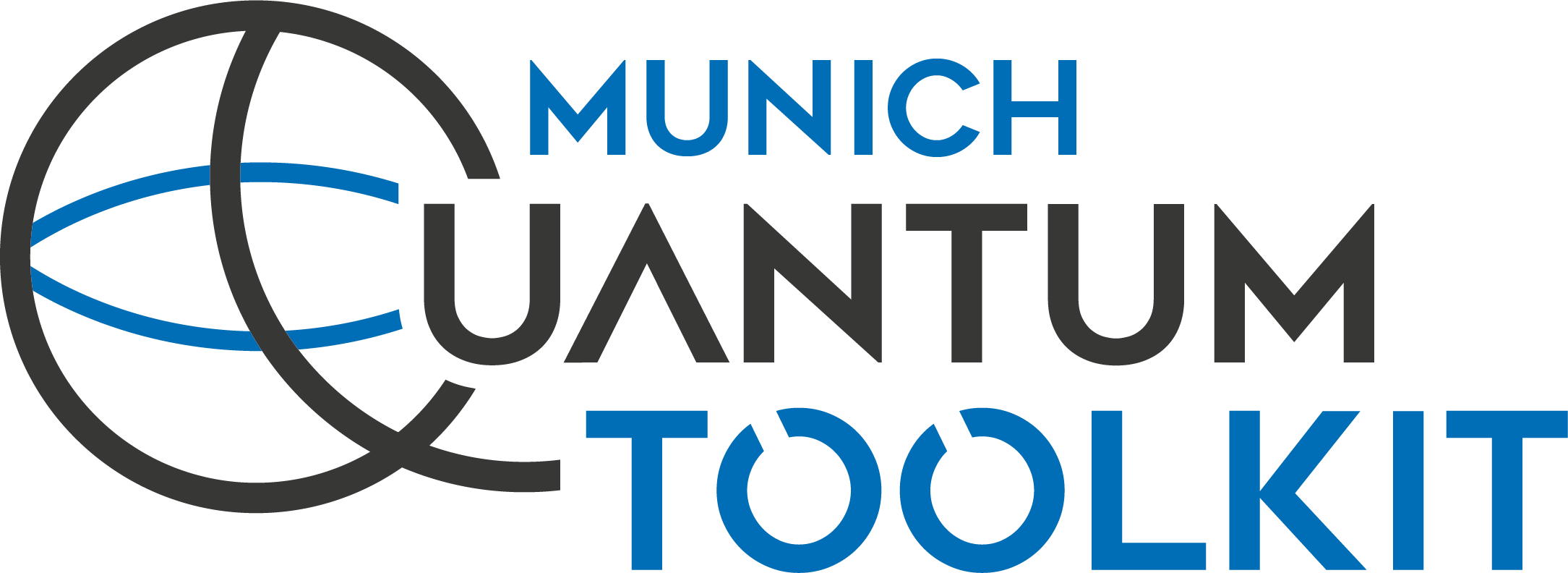
Quantum software tools for a wide variety of design tasks on and across different levels of abstraction are crucial for eventually realizing useful quantum applications. This requires practical and relevant benchmarks in order for new software tools or design automation methods to be empirically evaluated and compared to the current state of the art. Since these tools and methods operate on and across different levels of abstraction, it is beneficial having benchmarks consistently available across those levels. The MQT Benchmark Library (MQT Bench) provides a single benchmark suite which offers the same benchmark algorithms on different levels of abstractions. At the moment, MQT Bench comprises around 70,000 benchmark circuits ranging from 2 up to 130 qubits on four abstraction levels.
In order to create a benchmark set according to your needs, simply fill out the form below. Furthermore, MQT Bench is also available as a PennyLane dataset.
This webpage runs mqt-bench v1.1.9 — an older version of the MQT Bench platform.
The new and improved MQT Bench experience is now available at mqt-bench.app 🚀
The new platform offers:
For MQT Bench v2 and beyond, please use the mqt-bench Python package as documented
here.
For a more detailed description of MQT Bench, we are referring to the corresponding paper "MQT Bench: Benchmarking Software and Design Automation Tools for Quantum Computing". Our implementation is available on GitHub. In case you are using MQT Bench in your work, we would be thankful if you referred to it by citing the following publication:
@article{quetschlich2023mqtbench,
title={{{MQT Bench}}: Benchmarking Software and
Design Automation Tools for Quantum Computing},
shorttitle = {{MQT Bench}},
journal = {{Quantum}},
author={Quetschlich, Nils and Burgholzer, Lukas and Wille,
Robert},
year={2023},
note={{{MQT Bench}} is available at
\url{https://www.cda.cit.tum.de/mqtbench/}},
}
In case you have any problems or questions feel free to contact us via quantum.cda@xcit.tum.de. More on our work on quantum computation is summarized on this page.